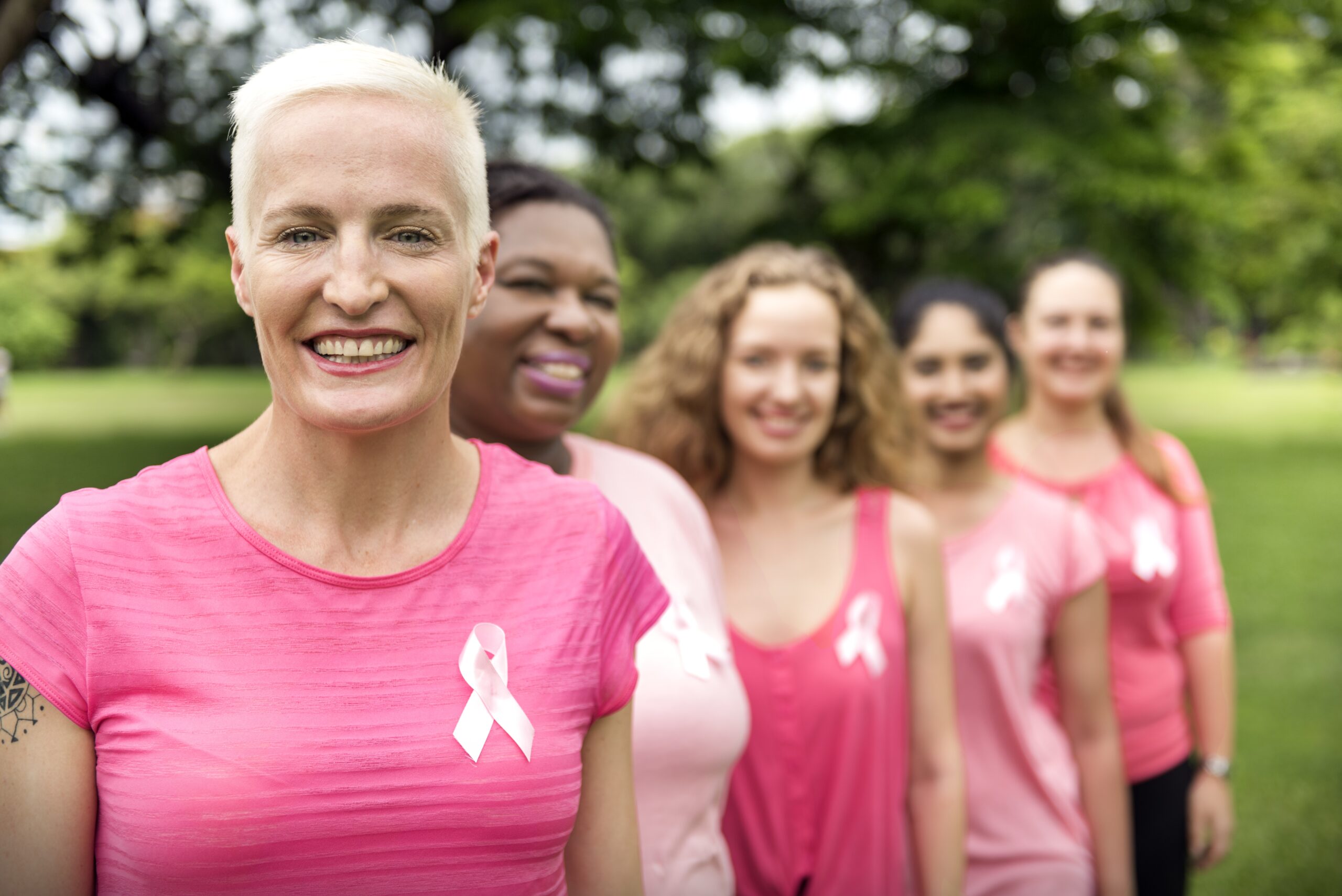March is Colorectal Cancer Awareness Month. Colon cancer is a disease where the cells in the colon multiply out of control. Colon cancer can also occur through polyps, which are abnormal growths. Some polyps turn into cancer, while others do not. Colon cancer is the third most common cancer diagnosed in men and women in the United States. The American Cancer Society projects that there will be 106,970 new cases of colon cancer in 2023. To avoid colon cancer altogether, some steps can be taken to lower your risk factors.
Risk Factors
On average, 1 in 23 men and 1 in 26 women have a lifetime risk of developing colorectal cancer. Lifestyle behaviors and genetics can raise or lower your risk of colon cancer. The following are risk factors that increase your chance of colon cancer:
- Obesity
- Alcohol and Tobacco use
- Lack of exercise
- Diet low in fruit and vegetables
- Low-fiber and high-fat diet
Genetics plays a huge role in the likelihood of getting colon cancer. Your risk of developing the disease is high if you have a family history of colon cancer. Colon cancer in your immediate family, like your brother or mom, raises the risk even higher. It is essential to talk with your doctor if your family has any history of colon cancer. The recommended age for screening for colon cancer is 45, but it can be even earlier if your doctor recommends it.
There are some risk factors besides genetics that you cannot control when it comes to colon cancer. Colon cancer is a lot more common in individuals over the age of 50. You are at an increased risk if you have a history of polyps. Having type 2 diabetes increases your risk as well. If these risk factors sound familiar to you, speaking with your doctor and getting screened regularly is key to prevention.
Screenings
Screenings are used to look for colon cancer if a person has no symptoms. If a person has symptoms of colon cancer (change in bowel habits, weight loss, blood in your stool, cramps), they would take a diagnostic test to find out the cause of symptoms. The U.S. Preventative Services Task Force recommends that adults age 45 to 75 should be screened for colon cancer. A screening test can be a stool test, a colonoscopy, a CT colonoscopy, and a flexible sigmoidoscopy. If you want more details on each type of test, read more here.
No Shave November
Although Colon Cancer Awareness month is in March, you may have heard of a movement called No Shave November. This month-long campaign was created to honor Matthew Hill, who died of colon cancer in 2007. His family started No Shave November to raise money for cancer-fighting foundations. Instead of spending money on razors or salon visits, participants use that money instead to donate to charities. The movement has grown to support fundraising for all types of cancer and is still celebrated every November.
How AFSPA Shows Support
If you’re enrolled in the Foreign Service Benefit Plan, you can access the wide array of Healthy Actions that reward you for taking care of yourself. One of the Healthy Actions offered is a Colorectal Cancer Screening. By completing this screening, you can earn $25!
If you’re not 45 years old or older but still want to take precautions when it comes to colon cancer, you can participate in another Healthy Action; you can earn $100 by completing a Physical Exam and Biometric Screening. This will help you determine if there are risk factors that you should be aware of like obesity, poor diet, etc. This Healthy Action will identify any health risks or underlying medical conditions that you may not be aware of.
Being proactive is the key to lowering your risk of developing colon cancer. If you know you have a family history or risk factors associated with colon cancer, take action and see your doctor today.















